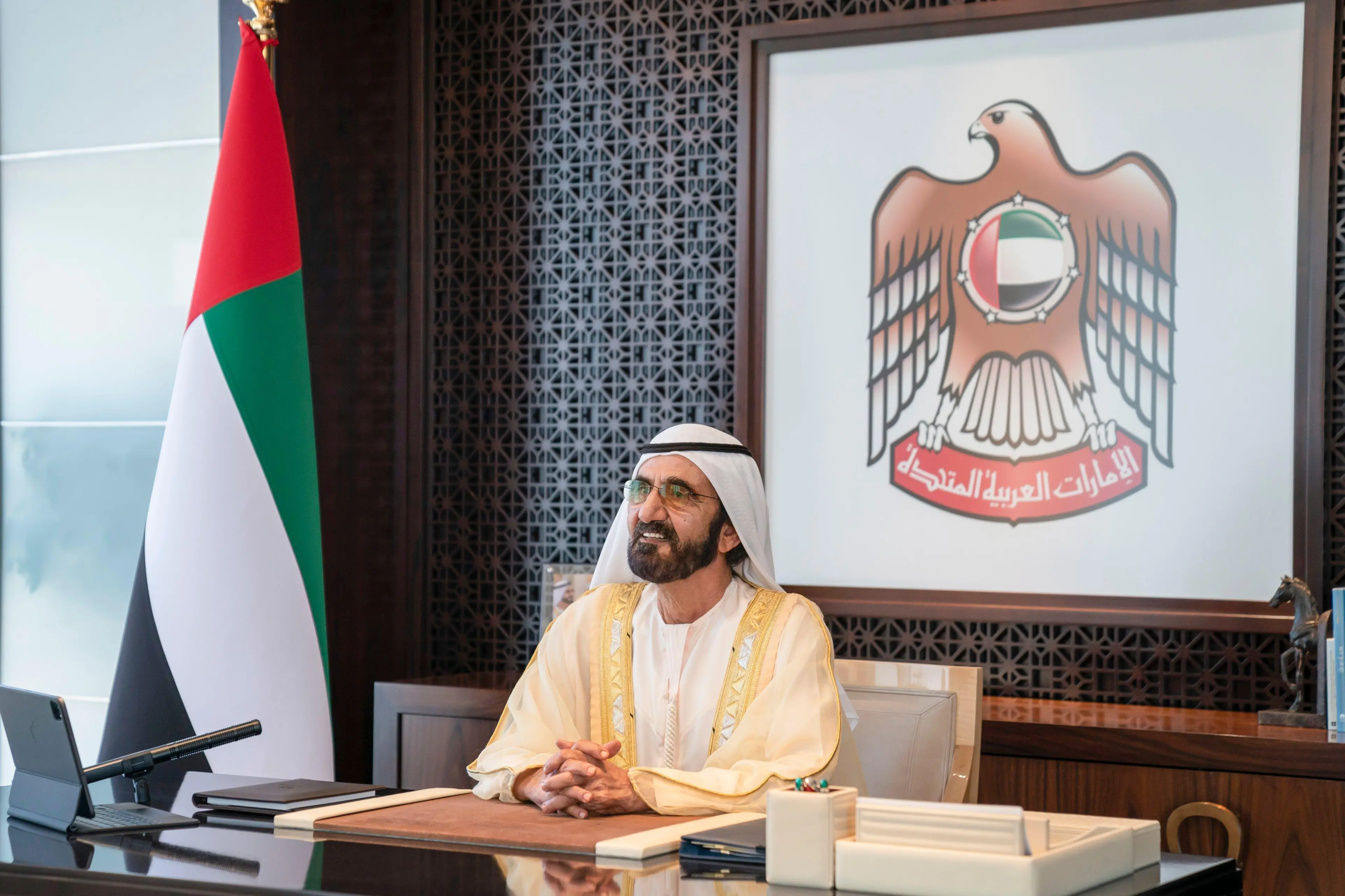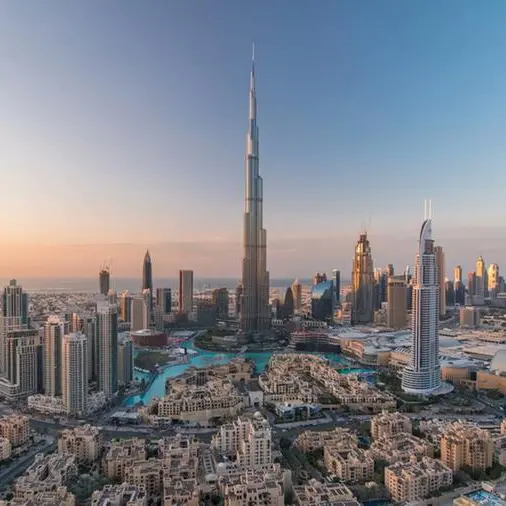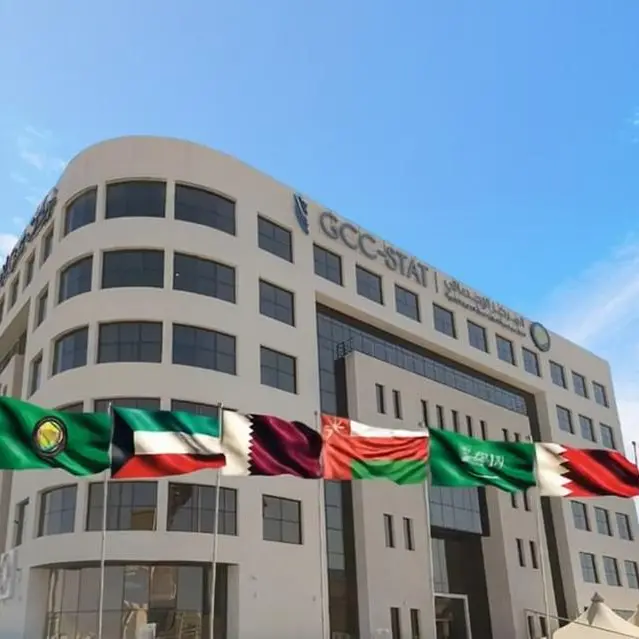PHOTO
Dubai has unveiled a spending plan worth 57.1 billion UAE dirhams ($15.5 billion) for fiscal year 2021, a decline of 9.3 billion dirhams from the 2020 outlay.
His Highness Sheikh Mohammed bin Rashid Al Maktoum, vice president and prime minister of the UAE, approved the allocation, which takes into account the “exceptional economic conditions” of the current year and the “repercussions” of the coronavirus pandemic on the global economy.
More than a third of the new outlay (35 percent) will go to the salary and wage allowances of government staff, “to ensure family and community stability”. Grant and support expenditures account for 26 percent, while 9 percent will be used to “maintain the volume of investments in infrastructure”.
Last year, Dubai approved a 2020 government spending plan of 66.4 billion dirhams, said to be the biggest ever.
Expansionary fiscal policy
“The fiscal year 2021 budget announcement sends a clear message to the business community that Dubai is pursuing an expansionary fiscal policy, which contributes to strengthening confidence in the emirate’s economy and attracting more direct investments,” a statement said.
“The budget serves the requirements of population growth and the benefits resulting from hosting Expo 2020 and the continuous development of the infrastructure. It also supports the goals of the Dubai Plan 2021.”
Revenues
The Dubai government expects revenues to hit more than 52 billion dirhams this year. “These revenues are based on ongoing operations in the emirate and do not rely on oil revenues,” according to the statement.
Oil revenues account for 4 percent of the total projected revenues for 2021. This is in addition to developing the government revenue structure, which will enhance financial sustainability.
As for non-tax revenues, which come from fees, they will account for 59 percent of the total expected revenues. Tax revenues will account for 31 percent and government investment revenues, 6 percent.
“We spare no effort in consolidating the competitiveness of the emirate’s government. We are keen to develop programmes that improve public financial performance and achieve financial excellence,” said Jamal Hamed Al Marri, executive director of the central accounts sector at the Department of Finance.
(Writing by Cleofe Maceda; editing by Seban Scaria)
Disclaimer: This article is provided for informational purposes only. The content does not provide tax, legal or investment advice or opinion regarding the suitability, value or profitability of any particular security, portfolio or investment strategy. Read our full disclaimer policy here.
© ZAWYA 2020





















